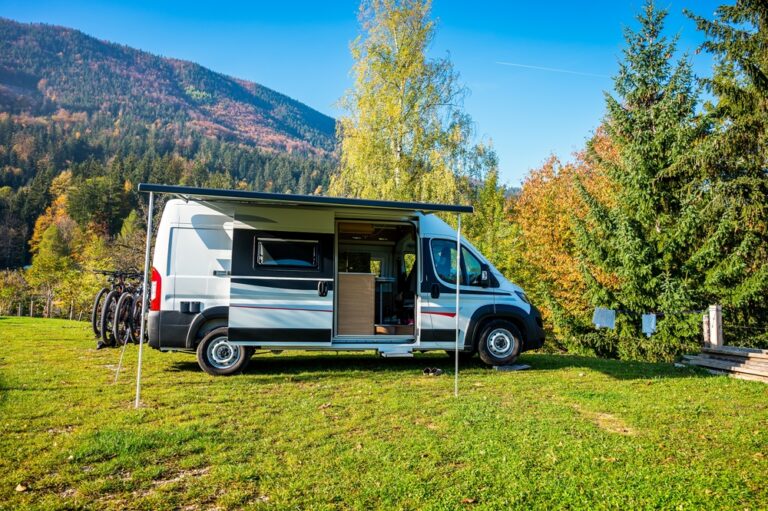Camping in Spain: Know the Rules to Avoid Fines
Spain has seen a significant surge in camping tourism since the COVID-19 pandemic, with a reported 40% increase in 2024 compared to the previous year. This rise in camping enthusiasts traveling in vans and motorhomes has prompted the General Directorate of Traffic (DGT) to reinforce regulations regarding where and how sleeping in vehicles is permitted.
Sleeping in Vehicles vs. Camping
Many travelers are unclear about the distinction between sleeping in a vehicle and camping outdoors. According to DGT officials, sleeping in parked cars is legal if specific rules are followed, such as proper parking to avoid occupying more space than allowed. Examples of illegal activities include leaving car doors open or placing items outside the vehicle like chairs, coolers, tents, or shades.

Camping, on the other hand, involves occupying more public space by setting up tents, awnings, tables, chairs, and improvised kitchens. Camping in non-designated areas can result in fines ranging from 200 to 600 euros. The Royal Automobile Club of Spain (RACE) emphasizes that failing to comply with these regulations can have serious consequences.
Regional Variations in Fines
While fines on the mainland range between 200 and 600 euros, the Balearic Islands have stricter penalties due to increased tourism, with fines for illegal camping reaching up to 1,500 euros. There are exceptions for individuals who are homeless and living in their vehicles, provided they have a valid letter from social services.
Understanding Local Regulations
The rules governing the use of motorhomes, campers, and vans vary depending on the municipality, province, or community. What might be legal in one area could be illegal in another. Travelers are advised to check the DGT website for more detailed information on camping regulations before embarking on their journey.
By understanding and following Spain’s camping regulations, travelers can avoid hefty fines and enjoy their camping experience in this beautiful country.



